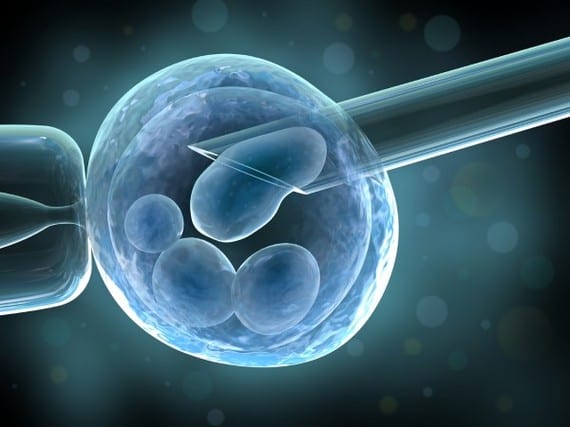
What disqualifies someone from donating eggs? These common egg donation disqualifications will let you know how to find a fit donor.
Out of all the people who apply to become egg donors, only around 5% will make it through the screening process.
If someone is planning on using donated eggs, they want to be sure that those eggs are as perfect as can be. That’s why the process of becoming an egg donor is such a lengthy one.
Whilst the number of reasons for disqualification is high, there are some reasons that are far more common than others.
Read on as we look at five of the most common reasons for egg donation disqualifications.
1. Health Issues
If you’re thinking of becoming an egg donor you need to be sure that you don’t have any health concerns.
That means you must have a normal BMI, be a non-smoker, and have no history of substance abuse. It is also important that you don’t suffer from any inheritable genetic conditions that you could pass on via your eggs.
2. Your Age
There is a window for donating your eggs which will vary from clinic to clinic.
The American Society for Reproductive Medicine recommends that you be between 21 and 34 if you’re thinking of donating your eggs. You may find that if you are over 30 you will be unable to become an egg donor.
If you are under 21, you will need to wait until you are a little older.
3. Using Certain Contraceptives
Certain methods of contraception will also disqualify you from becoming an egg donor.
If you are using Depo-Provera injections or a contraceptive implant such as Implanon, then your application will not get approved. This is because these contraceptives can affect the vital hormone tests that are part of the process.
If you stop using these products, you may be able to donate once you have returned to normal, regular periods.
4. Recent Travel
If you have recently traveled to certain locations, you won’t be able to donate your eggs.
For example, if you have visited an area affected by the Zika virus within the last six months, you will be ineligible for egg donation. The same is true even if you are planning to take such a trip in the following six months.
5. STI History
If you have a history of sexually transmitted infections, this will also stop your application in its tracks.
If you have been treated for chlamydia or gonorrhea in the past year you won’t be able to donate. And some infections such as hepatitis and syphilis can be passed on through your eggs, so will also rule you out.
Egg Donation Disqualifications Are Not Uncommon
If you fall into one of these categories for egg donation disqualifications then don’t be too downhearted. Only a small percentage of people who want to donate eggs make it through the rigorous screening process.
If you’re looking for more great content on all things health-related then you’re in the right place. Feel free to take a good look around the site.
